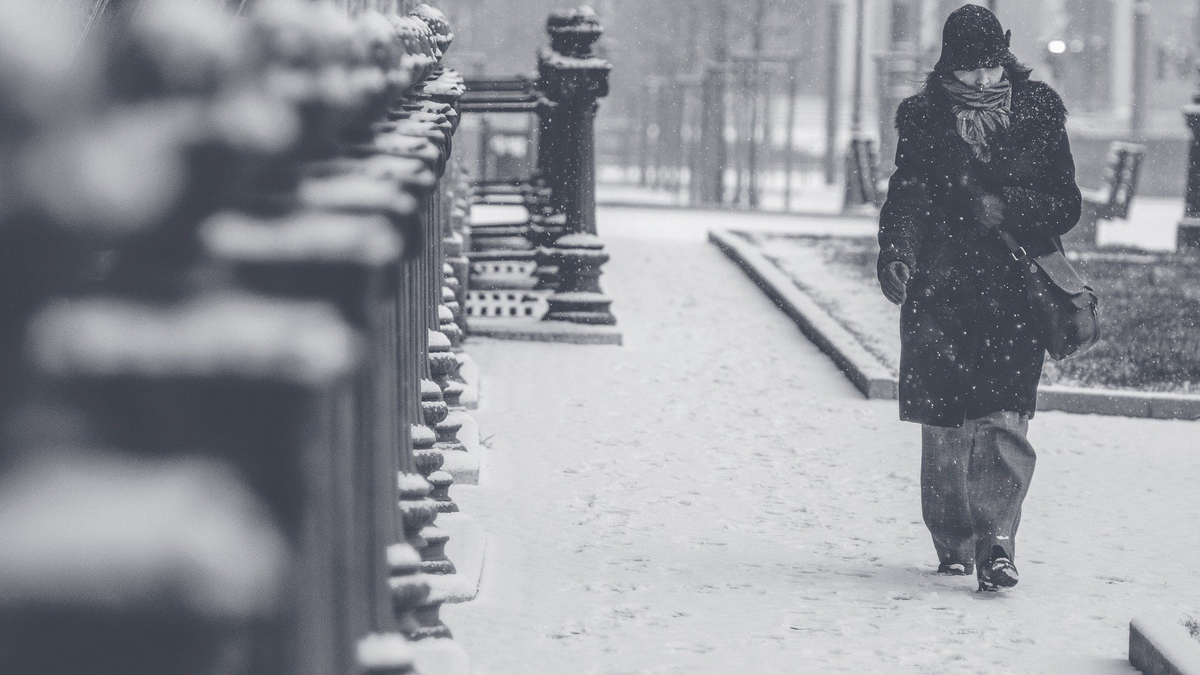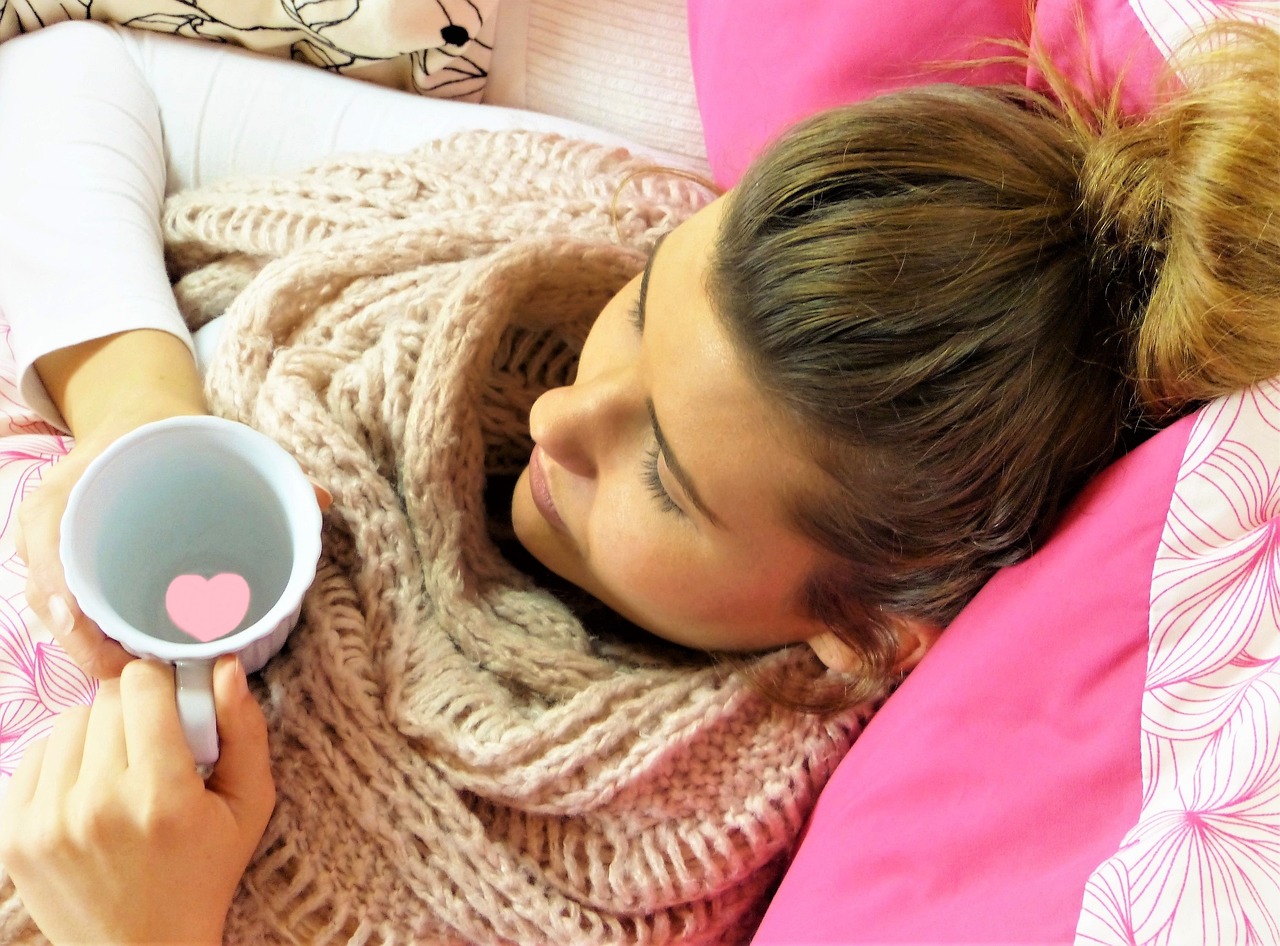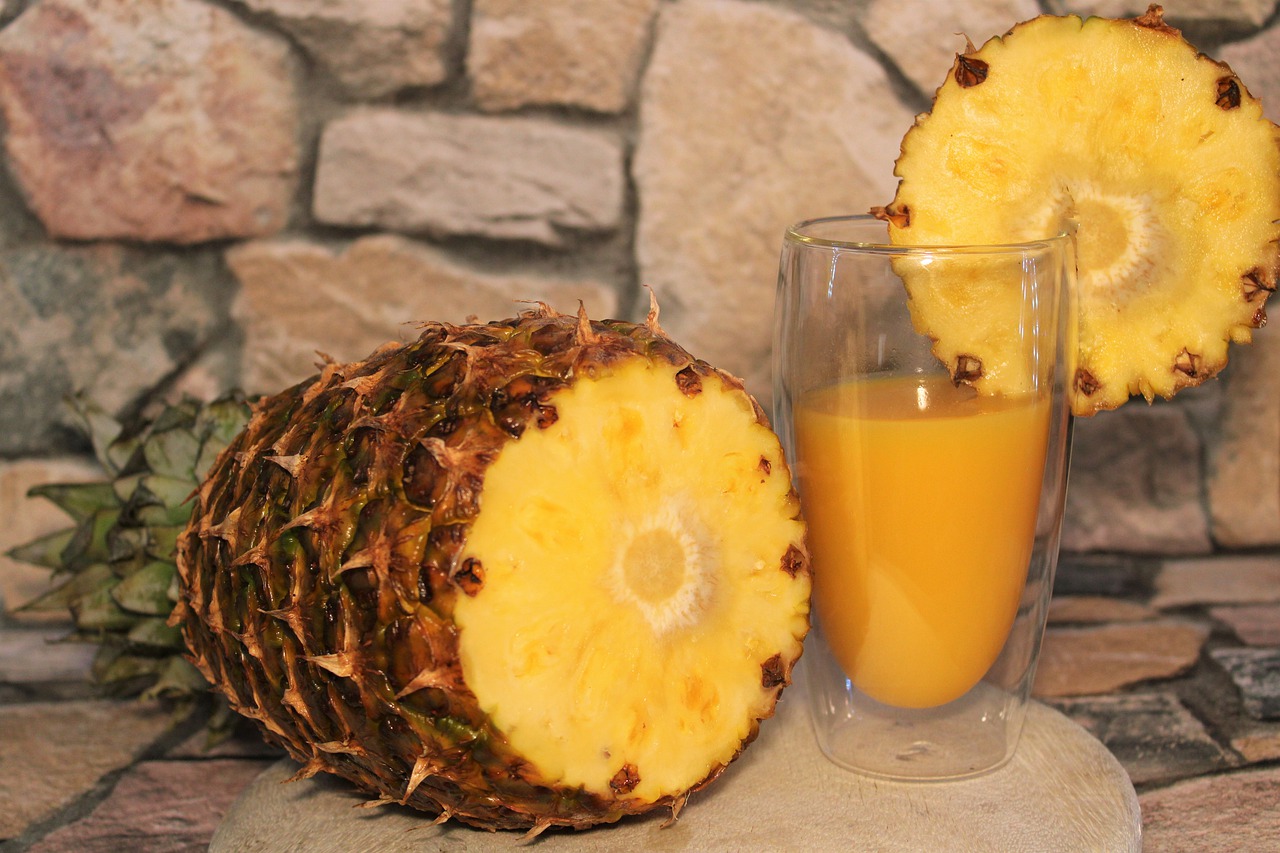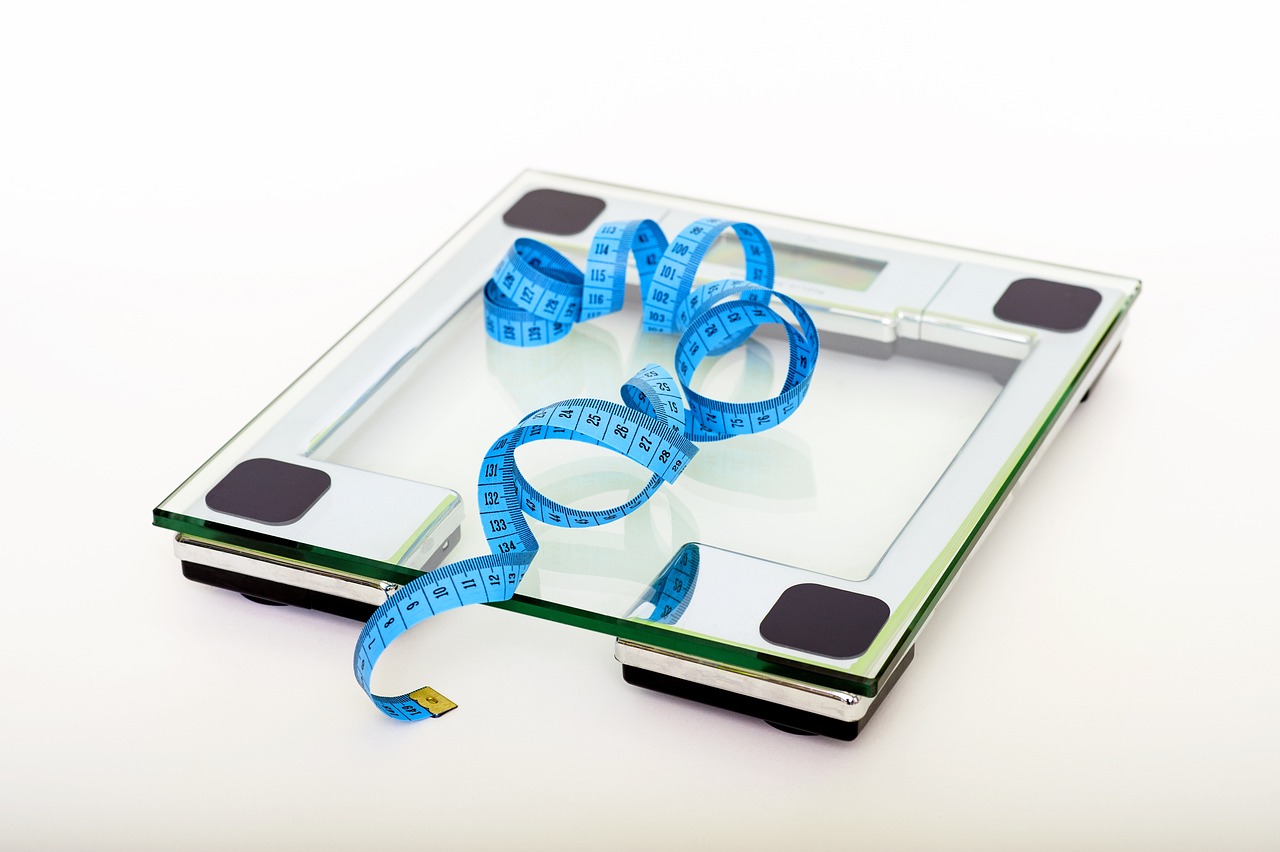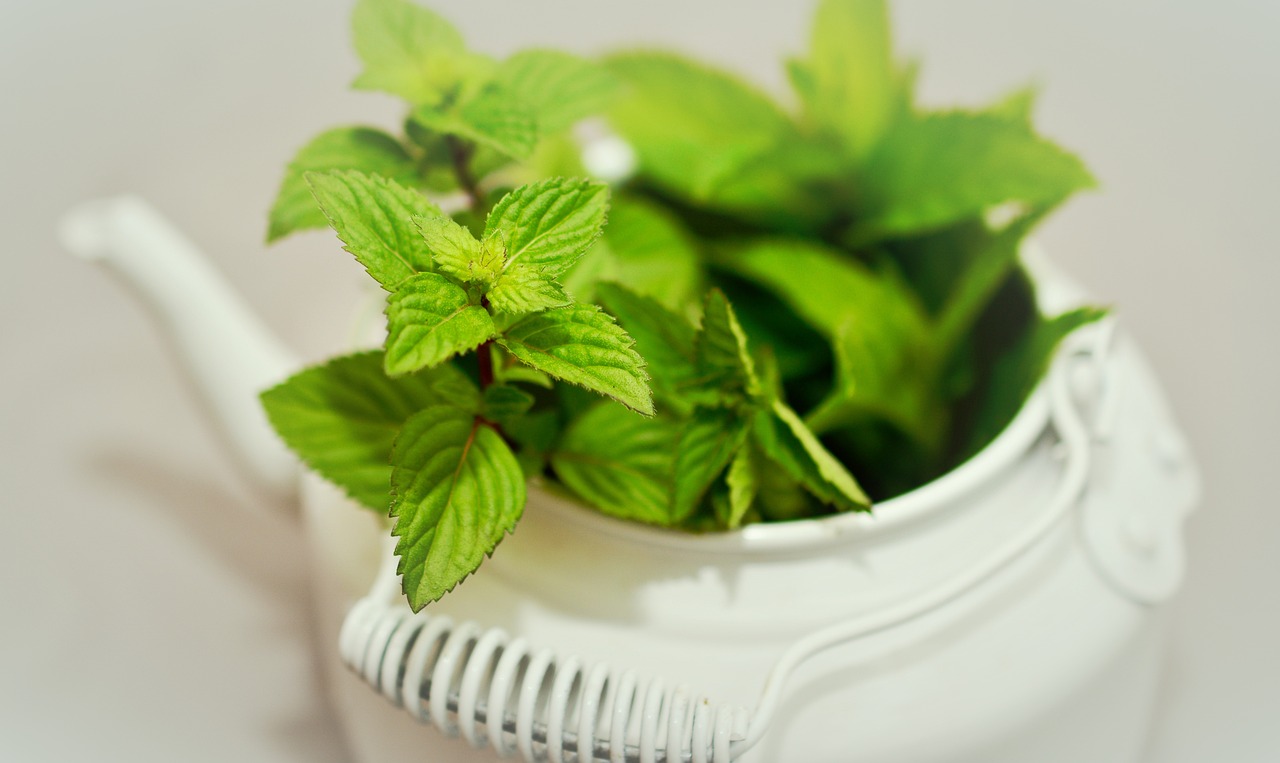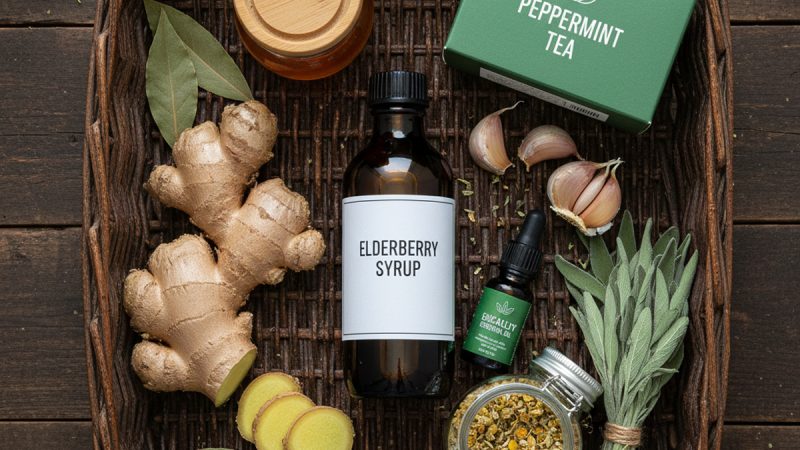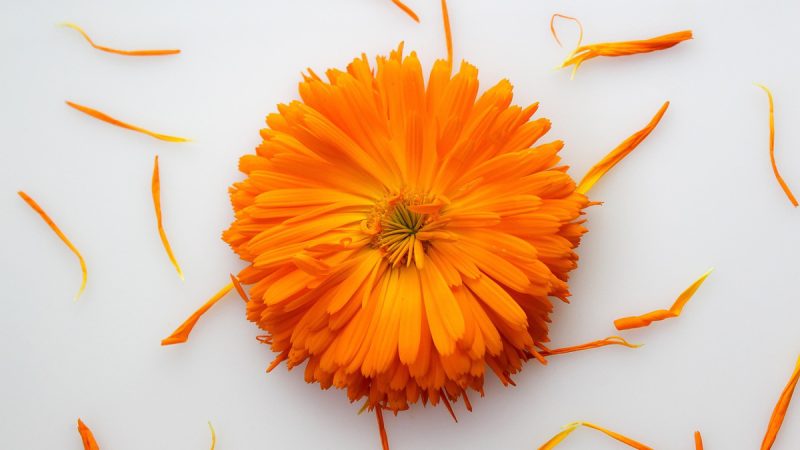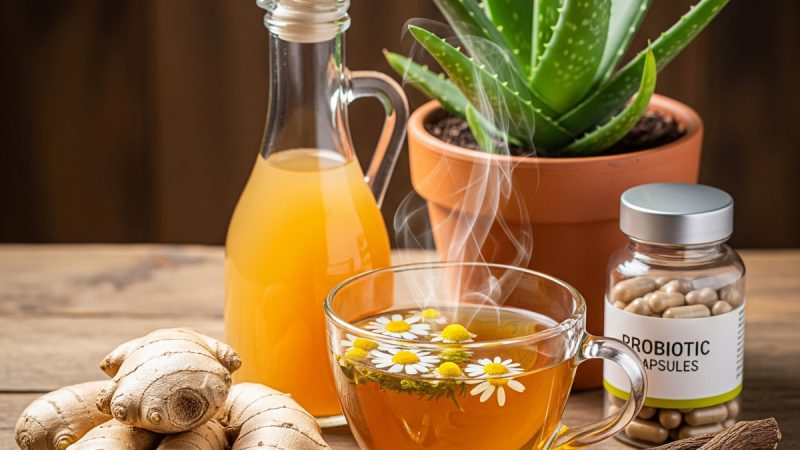Make a Bee Line for Sweet Treatments
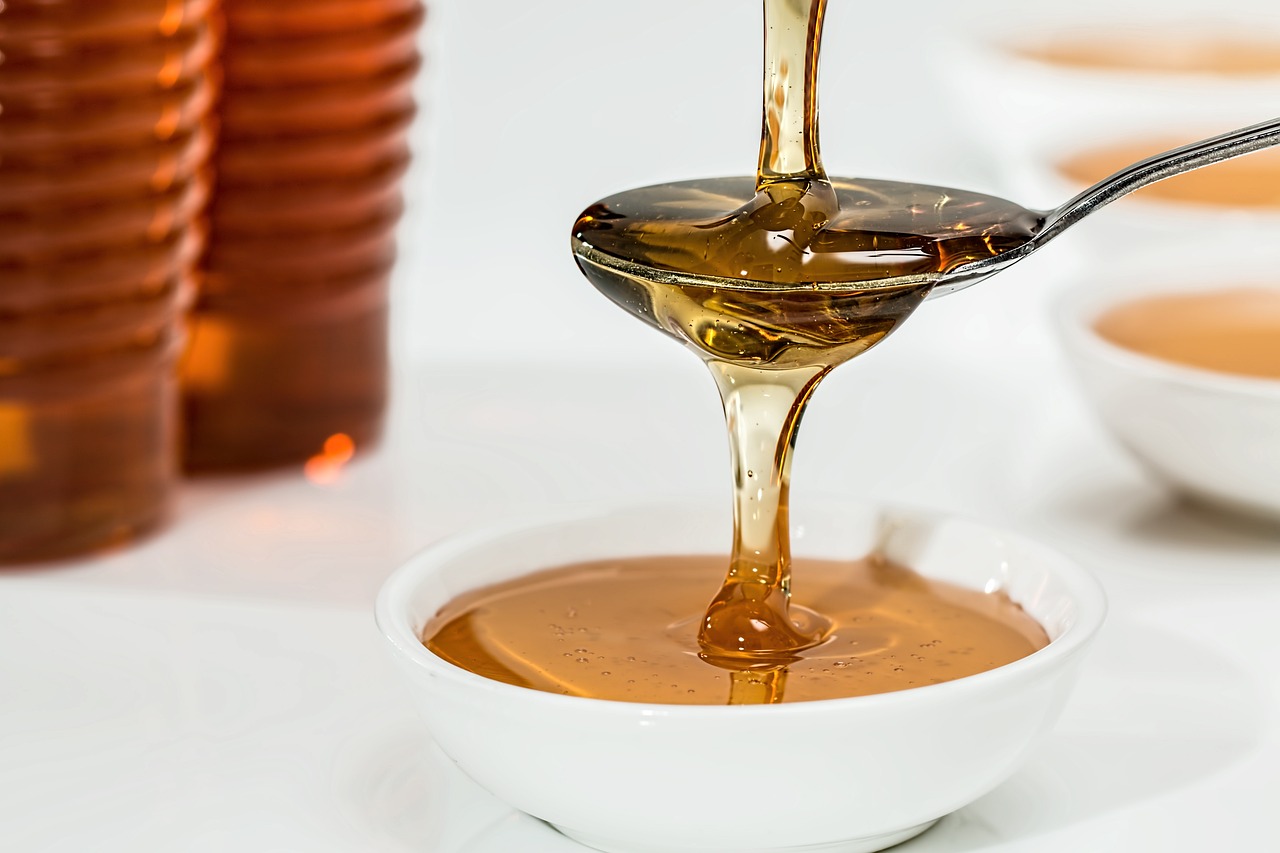
Here’s the scoop on honey: It was used in ancient Egypt for embalming and for dressing cuts and burns; the Greek physician Hippocrates used it to treat skin disorders; Roman soldiers cleaned wounds with it – doctors did the same during WWI.(1)
Honey – the thick substance made by bees from the nectar of flowers – is not just for sweetening your morning tea. No, honey has long-established, traditional healing powers that modern science confirms. However, it is important to note that honey used medicinally is “raw”; it has not been heated, pasteurized and filtered like commercial honey, which is packaged to look clean and clear on the grocery shelf.
Natural Healing
- Using honey to treat wounds is actually a very ancient practice. When scientists conducted 22 trials involving 2,062 patients with honey as a wound dressing, the benefits were as follows:
- The antibacterial quality of honey cleared up infection and protected the wound from further infection
- The wound was de-brided and cleared of odor
- The anti-inflammatory effect of honey reduced both edema and scarring
- Honey stimulated growth of granulation and epithelial tissues to speed healing(2)
Honey functions as a natural anti-microbial by coating a wound and cutting off the supply of water and nitrogen. This effectively limits the growth of bacteria and forms a natural hydrogen peroxide – which promotes healing and reduces scarring.(3)
Medicine Status
Numerous studies confirm the effectiveness of honey as a medicinal substance. Researchers in New Zealand found that “honey killed 100 different strains of antibiotic-resistant viruses”.(4) In a study of burn patients in India, 52 patients were treated with honey while 52 others were treated with silver sufadiazine, a standard burn-treatment compound. 87% of those treated with honey had improved within 15 days compared to only 10% treated with the silver sufadiazine. In Australia, medicinal honey (unpasteurized) is available in pharmacies as a wound dressing, as it has had the status of medicine there since 1999.(5)
Noting that honey has been used in folk remedies by cultures all over the world, Ian Paul, a pediatrician at Pennsylvania State University Children’s Hospital, thought it was worth testing. Paul and his colleagues designed a study around 105 kids who were sick with coughs and colds. The kids were divided into three groups. At bedtime, one group of kids took a honey-flavored syrup containing dextromethorphan (DM). A second group were given buckwheat honey syrup. The third group received no treatment. Results showed that the kids who swallowed two teaspoons of buckwheat honey coughed less and slept better than the others. (Their parents slept better, too.)(6)
Dressings Made of Honey
Leave it to modern technology to come up with a bandage impregnated with– you guessed it – honey. Comvita, a natural health products company in New Zealand, produces hi-tech dressings developed by biochemist Peter Molan for commercial use. They are designed to take the mess out of honey. “It’s like a sheet of rubber”, says Molan, “you can touch it without being sticky at all.”(7)
The bandages are used for all types of wounds from burns to staph-infections to cancerous lesions. Most patients are happy with the honey dressings as they find them not only a very pleasant natural alternative, but a most effective treatment.(8)
So why not take a page from history and reach for the honey jar the next time you need to soothe an irritated throat or a minor skin irritation.* But please be aware that honey should never be given to children aged one year and younger. Infants have an immature digestive tract susceptible to botulism spores that may be present in honey. After the age of one year, children will have developed the immunity to handle any toxins present in honey.
As for your own health routine, always consult your personal health care provider before making any changes in diet, exercise or nutritional supplementation.
Until next time.
Sources:
- “Healing With Honey”, riverdeep.net, 5/13/02
- “Healing Honey: The Sweet Evidence Revealed”, ScienceDaily, April 7, 2006
- “Healing With Honey”, riverdeep.net, 5/13/02
- “Healing With Honey”, riverdeep.net, 5/13/02
- “Healing With Honey”, riverdeep.net, 5/13/02
- Sohn, Emily, “Healing Honey”, Science News For Kids, Feb 6, 2008
- Knox, Angie, “Harnessing Honey’s Healing Power”, BBC News, June 8, 2004
- Knox, Angie, “Harnessing Honey’s Healing Power”, BBC News, June 8, 2004
The Author:
Dr. Blankstein has been practicing for over 30 years as a leading Cardiologist. Trained in traditional medicine and Board Certified in both Internal Medicine and Cardiovascular Disease, he knows the importance of good medical care. This consideration has allowed him to discover safe and natural ways of healing. His dedication to bringing the latest and best in health solutions to his patients and the public has given him the experience to research and develop proven natural remedies for many illnesses.
© 2009 Chesapeake Nutraceuticals

